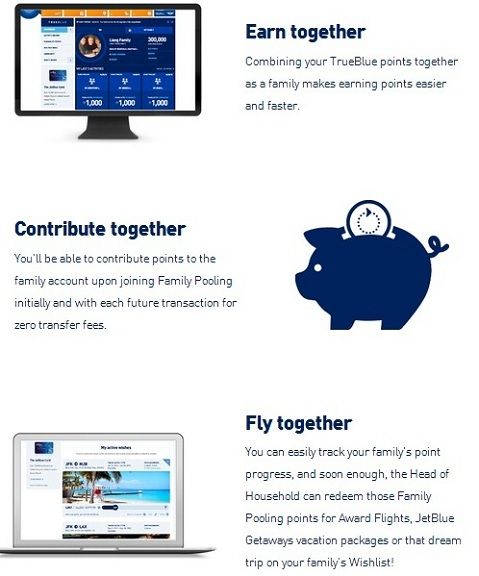Kevin brought up a significant topic about how McDonald’s targets unethically toward those young audience. The article, The Cost of Fast Food: America’s Waistline?, states that McDonald’s use toys to guide those naïve children to order Happy Meal. Many kids are purchasing because of toys rather than meals. Even though the final decision makers of purchasing are parents, children make the incentive to start the purchase decision. The toy, act as an extra bonus, adds value on the meal. Surprisingly, not only kids, even adult are attracted by these additional treats. For example, for those Hello Kitty lovers, they are willing to purchase repeatedly to get the whole collection of Hello Kitty toys from McDonald’s. McDonald’s introduces small treats that public wants and like to increase purchases.
Not only McDonald’s, many fast food restaurants or even chain stores also use this kind of strategy to attract their customers. As an example, famous convenience, 7-Eleven, introduce promotion that allow people to redeem Hello Kitty figures after collecting certain amount of stickers or certain amount of stickers plus cash. These stickers are given out after purchasing of certain dollar amount. There are many people doing their shopping because they want to collect stickers for redemption. This strategy is very effective, especially when the toys are characters of popular cartoon, animation and movies.

In most of the time, people are purchasing because of their perceived value of the product. By adding an extra small toy, marketers add value to consumers’ shopping. Additionally, the small toy gives out a feeling of exclusiveness when the company collaborates with other to introduce new figures that consumer can found only in its stores.
image:http://tsunami-hk.blogspot.ca/2012/12/sanrio-all-stars-x-7-eleven-sweet.html

